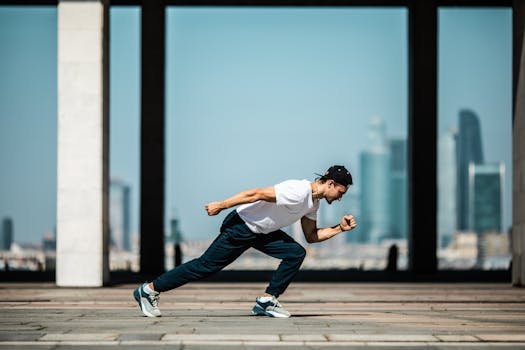
What is Runner’s Diarrhea?
Runner’s diarrhea, also known as 'runner’s trots,' is a common issue among long-distance runners. It involves frequent, loose bowel movements during or soon after a run. While uncomfortable, it’s usually not serious but can disrupt your running routine.
Causes of Runner’s Diarrhea
- Increased movement: Physical activity stimulates bowel movements.
- Diet: High-fiber, fatty, or certain trigger foods (like caffeine) before running.
- Stress: Psychological stress can also affect your gut.
- Blood flow diversion: Blood flows away from the intestines to muscles during running.
Tips to Prevent Runner’s Diarrhea
- Watch your diet: Avoid high-fiber and fatty foods 24 hours before a run.
- Stay hydrated: Drink enough water but avoid overhydration.
- Mind your timing: Leave 2–3 hours between eating and running.
- Keep a food diary: Figure out triggering foods by tracking what you eat.
- Practice with race-day nutrition: Don’t try new foods or supplements on race day.
What to Do If You Get Runner’s Diarrhea
- Find a bathroom quickly.
- Stay hydrated: Replace lost fluids after an episode.
- Avoid anti-diarrheal medication unless prescribed.
- Rest and monitor your body: If symptoms persist beyond a day or two, consult a doctor.
When to Seek Medical Help
If you experience severe stomach pain, dehydration, or if diarrhea persists despite changes, consult a healthcare professional. Bloody stool also warrants medical attention.
Conclusion
Runner’s diarrhea is very common but manageable. With some preparation and dietary adjustments, you can reduce your risk and enjoy your runs discomfort-free.
Comments
Post a Comment